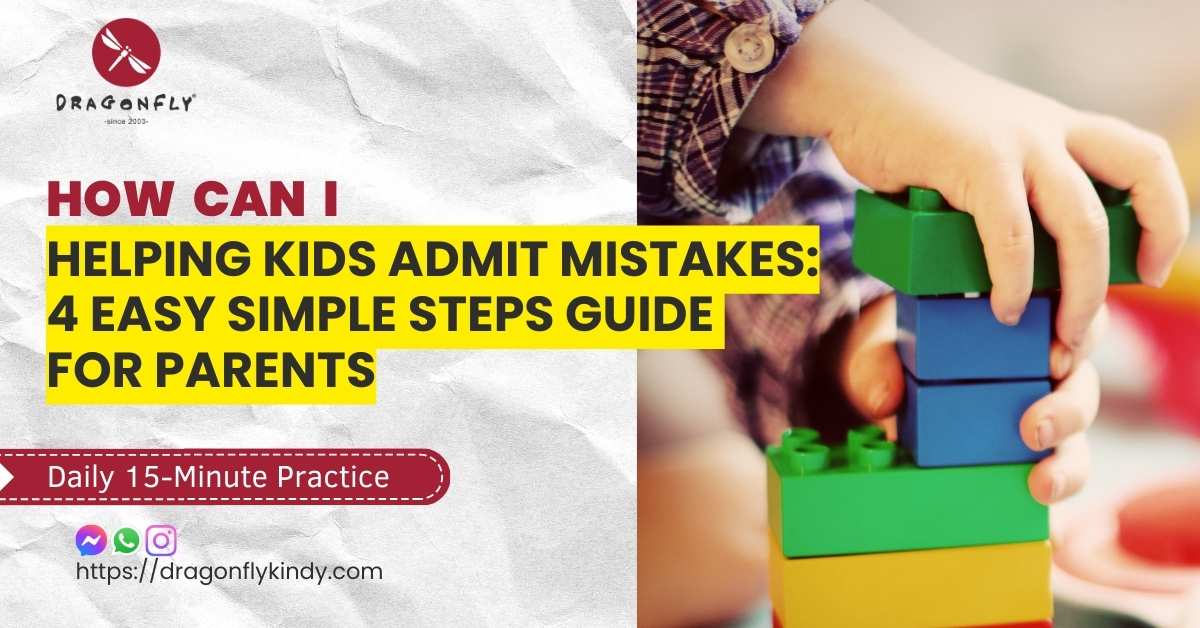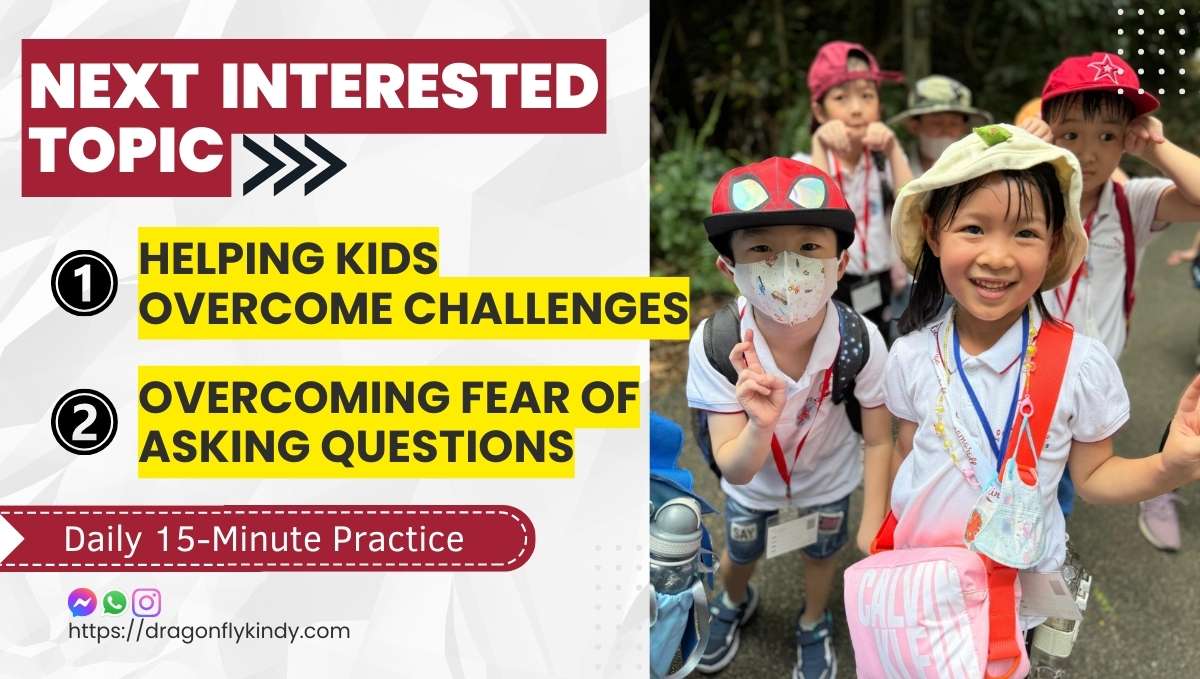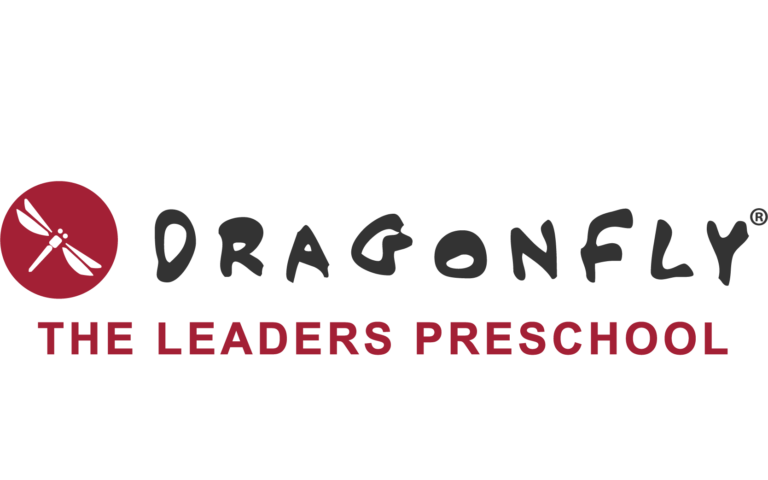- INTRODUCTION
- CASE SCENARIO
- STEP SIMPLICITY RATING
- 15-MINUTE KIDS ADMIT MISTAKES STEP-BY-STEP GUIDE
- CONCLUSION
- START YOUR CHILD'S JOURNEY TOBUILD A SELF-RELIANT LEADER
- FREQUENCY ASKED QUESTIONS
- How can I encourage my child to admit when they've done something wrong?
- What are some techniques for teaching kids the importance of taking responsibility?
- How can I handle situations when children refuse to acknowledge their mistakes?
- How can I use children acknowledging errors techniques in everyday situations?
- What are some effective young ones owning up to faults strategies for preschoolers?
- Are there any fostering accountability in kids exercises for elementary school children?
- How often should I practice helping kids admit mistakes exercises with my child?
- NEXT INTERESTED TOPICS
- THE MOST POPULAR TOPIC
INTRODUCTION #
THE IMPORTANCE OF ADMITTING MISTAKES #
In today's complex world, teaching kids to admit mistakes is a crucial life skill that shapes their character and future relationships. By consistently practicing strategies to help kids admit mistakes, parents can significantly impact their child's emotional intelligence and social skills.
INTRODUCING THE "15-MINUTE DAILY CONVERSATION PRACTICE #
This innovative method addresses common challenges by teaching kids to admit mistakes through engaging role-playing games and thoughtful discussions. The "15-Minute Daily Conversation Practice" approach not only promotes children admitting fault but also helps them understand the positive impact of taking responsibility.
OVERCOMING CHALLENGES IN ACKNOWLEDGING ERRORS #
Children often face difficulties in recognizing and owning up to their mistakes, such as refusing to apologize after pushing a classmate. These challenges typically stem from pride and a lack of understanding about accountability. Encouraging sincere apologies in children is crucial for their social and emotional development, paving the way for healthier relationships and personal growth.

CASE SCENARIO #
Let’s examine a common family communication scenario related to kids admitting mistakes:
Mom: “Alex, did you draw on the living room wall with crayons?”
Alex: (Looking away) “No, I didn’t do it.”
Mom: “But I found crayons near the wall, and the drawings look like yours.”
(Crosses arms) “Maybe it was my little sister. She always gets into my things!”
Mom: “I understand you’re worried about getting in trouble, This is becoming a pattern of kids refusing to apologize, and it worries me. Can you please be honest with me about what happened?”
Alex: (Remains silent and avoids eye contact)
In this scenario, we see a parent trying to encourage their child to take responsibility for actions, but struggling with conventional methods. This situation highlights the need for more effective strategies on how to teach children to admit mistakes.
STEP SIMPLICITY RATING #
15-MINUTE KIDS ADMIT MISTAKES
STEP-BY-STEP GUIDE #
The following guide is designed to help parents teach their kids to admit mistakes effectively. By dedicating just 15 minutes a day to this practice, you can significantly improve your child’s ability to acknowledge and learn from their errors.
Step 1: Recognizing the Challenge #
- Identify common scenarios where children struggle to admit mistakes and understand the underlying reasons.
Example dialogue:
Parent: ‘Alex, did you draw on the living room wall with crayons?’
Child: (Looking away) ‘No, I didn’t do it.’
Parent: ‘I see you’re having trouble telling me what happened. Let’s talk about why it’s sometimes hard to admit mistakes.’
Step 2: Creating a Safe Space #
- Establish a judgment-free environment for open and honest communication about mistakes.
Example dialogue:
Parent: ‘Alex, I want you to know that this is a safe space. We all make mistakes, even grown-ups. Can we talk about what happened without worrying about getting in trouble?’
Child: ‘Really? You won’t be mad?’
Parent: ‘I appreciate honesty more than anything. Let’s focus on understanding and learning from what happened.’
Step 3: Sharing Personal Stories #
- Use personal anecdotes to demonstrate how adults handle mistakes and encourage children to share their experiences.
Example dialogue:
Parent: ‘You know, I made a mistake at work last week. I accidentally sent an email to the wrong person. I felt embarrassed, but I admitted it to my boss. Can you think of a time when you made a mistake?’
Child: ‘Well… I guess I did draw on the wall. I was trying to make it look pretty.’
Parent: ‘Thank you for sharing that. How did you feel when it happened?’
Step 4: Role-Playing Scenarios #
- Practice admitting mistakes through role-play exercises to build confidence and develop appropriate responses.
Example dialogue:
Parent: ‘Let’s pretend I’m your friend and you accidentally broke my favorite toy. What would you say?’
Child: (Acting) ‘Um… I’m sorry, I broke your toy by accident. I didn’t mean to.’
Parent: (Acting as friend) ‘I’m upset, but I’m glad you told me. How can we fix this?’
Child: ‘Maybe we could try to fix it together or I could save up to buy you a new one?’
Step 5: Exploring Feelings and Consequences #
- Discuss the emotions involved in admitting mistakes and the potential outcomes of honesty versus dishonesty.
Example dialogue:
Parent: ‘How did you feel when you told the truth about drawing on the wall?’
Child: ‘I felt scared at first, but then kind of relieved.’
Parent: ‘That’s often how it feels. What do you think might happen if we always hide our mistakes?’
Child: ‘People might not trust us, and we might not learn how to do things better.’
Step 6: Developing Ongoing Strategies #
- Create a family plan for addressing mistakes and reinforcing positive behaviors around honesty and responsibility.
Example dialogue:
Parent: ‘Let’s make a family agreement. When we make mistakes, we’ll talk about them openly, focus on how to fix them, and think about what we can learn. How does that sound?’
Child: ‘That sounds good. Can we have a special time to talk about mistakes without getting in trouble?’
Parent: ‘Absolutely. We’ll call it our ‘Learning from Mistakes’ time. It’s all about growing and becoming better together.’
Conclusion: Consistently applying these steps will help kids admit mistakes more readily. Remember, the goal is not perfection but progress. As your child becomes more comfortable with the process of kids admit mistakes, you’ll notice improvements in their honesty, accountability, and emotional growth.
CONCLUSION #
The “15-Minute Daily Conversation Practice” method offers a powerful tool for parents to help kids admit mistakes. This approach emphasizes the importance of accountability and honesty in young children.
Consistency is key when implementing this method. Parents should remain patient and persistent, understanding that teaching kids to admit mistakes is a gradual process. There may be challenges along the way, but the long-term benefits of fostering honesty and responsibility are immeasurable.
It’s important to recognize that parental behavior plays a significant role in a child’s ability to admit mistakes. For instance, if parents struggle with acknowledging their own errors, children may mimic this behavior. A strong home-school partnership ensures a consistent message about the importance of children admitting fault in both environments.
START YOUR CHILD'S JOURNEY TOBUILD A SELF-RELIANT LEADER #
FREQUENCY ASKED QUESTIONS #
Parents often have questions when it comes to help kids admit mistakes . Here are some frequently asked questions about this important aspect of child development:
How can I encourage my child to admit when they've done something wrong? #
Create a safe, non-judgmental environment and use role-playing games to help kids admit mistakes.
What are some techniques for teaching kids the importance of taking responsibility? #
Use storytelling with moral lessons, create a “responsibility chart,” and consistently model accountable behavior.
How can I handle situations when children refuse to acknowledge their mistakes? #
Stay calm, avoid accusatory language, and use open-ended questions to encourage reflection.
How can I use children acknowledging errors techniques in everyday situations? #
Incorporate discussions about mistakes into daily routines, praise honesty, and use natural consequences as teaching moments.
What are some effective young ones owning up to faults strategies for preschoolers? #
Use simple language, visual aids, and positive reinforcement to encourage honesty and accountability.
Are there any fostering accountability in kids exercises for elementary school children? #
Try more complex role-playing scenarios, journaling about personal experiences, or group discussions about real-life situations.
How often should I practice helping kids admit mistakes exercises with my child? #
Aim for daily 15-minute sessions, but be flexible and consistent to see long-term improvements in their ability to take responsibility.
NEXT INTERESTED TOPICS #
Teaching children to admit mistakes is a crucial step in their personal development. The following topics build upon this foundation, addressing how to overcome challenges and ask questions confidently. These skills are essential for fostering resilience, curiosity, and a growth mindset in children, enabling them to learn from their mistakes and seek knowledge proactively.

HELPING KIDS OVERCOME CHALLENGES #
After learning to admit mistakes, the next logical step is teaching children how to overcome challenges. This skill is crucial for building resilience and problem-solving abilities.
Why it’s important:
- Builds on the honesty and self-awareness developed from admitting mistakes
- Encourages perseverance and a positive attitude towards difficulties
- Helps children view mistakes as learning opportunities
- Develops critical thinking and problem-solving skills
This skill complements admitting mistakes by showing children how to move forward positively after acknowledging their errors.
OVERCOMING FEAR OF ASKING QUESTIONS #
Once children are comfortable admitting mistakes, encouraging them to ask questions is a natural progression. This skill promotes curiosity and active learning.
Why it’s a natural progression:
- Builds on the openness and honesty practiced when admitting mistakes
- Encourages children to seek clarification and deeper understanding
- Reduces fear of judgment or appearing unknowledgeable
- Fosters a love for learning and intellectual curiosity
Learning to ask questions confidently complements the ability to admit mistakes by creating a more complete framework for learning and personal growth. It encourages children to seek knowledge actively, even in areas where they may have previously made mistakes.





